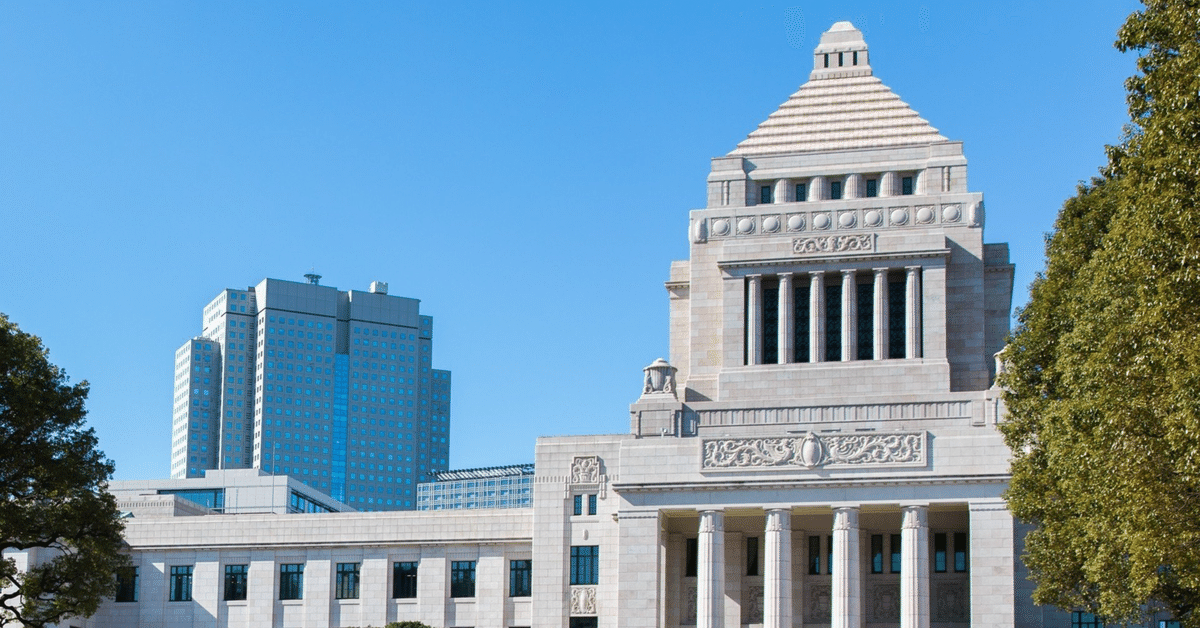
中堅企業者の定義:2024年7月13日(土)
日本では,企業者(社ではなく,者で表示)を,大企業,中堅企業,中小企業に企業区分している。会社以外の法人及び農林漁業を含めないと,現在の日本では,大企業が約1,300者,中堅企業が約9,000者,中小企業が約336万者あると言われている。
2024年の通常国会(第213回国会)で「新たな事業の創出及び産業への投資を促進するための産業競争力強化法等の一部を改正する法律案」が可決され,成立した。この法律で,これまでなかった「中堅企業者」の定義が法律上で新たに定義された。中堅企業者とは,常時使用する従業員の数が2,000人以下の会社等(中小企業者を除く)を指すことになった。
これまであった中小企業者の定義は,主として中小企業基本法等をもとに,数多くの財政・制度上の支援を行うために定義されたものである。製造業その他では資本金3億円以下・従業員数300人以下(いずれかを満たす会社・個人),卸売業では資本金1億円以下・従業員数100人以下(同左),サービス業では資本金5千万円以下・従業員数100人以下(同左),小売業では資本金5千万円以下・従業員数50人以下(同左)と業種別に中小企業者が定義されてきた。
法律上では,大企業の定義は設けていない。これまでの日本では,従業員数2,000人以下の会社・個人は,企業区分として法律上で定義されてこなかったため,国などからの財政・制度上の支援を受けることができなかった。現在の日本では,中堅企業が約9,000者あり,中小企業を卒業した企業者である。今後,日本経済の高度化や多角化が進むなかで中核となることが期待される企業群とされており,海外からの日本への投資,賃金引上げ,脱炭素の取り組みなどの成長戦略を推進するうえで重要な役割が期待される経済主体と位置づけられたことになる。
Definition of Medium-sized Enterprises:July 13th(Saturday)
In Japan, businesses (indicated as "者" instead of "社") are categorized into large enterprises, medium-sized enterprises, and small and medium-sized enterprises. Excluding corporations other than companies and agriculture, forestry, and fisheries, it is said that there are currently about 1,300 large enterprises, about 9,000 medium-sized enterprises, and about 3.36 million small and medium-sized enterprises in Japan.
In the 2024 regular Diet session (the 213th Diet), the "Act to Partially Amend the Industrial Competitiveness Enhancement Act, etc., to Promote the Creation of New Businesses and Investment in Industry" was passed and enacted. This law newly defined "medium-sized enterprises" under the law, a category that did not previously exist. A medium-sized enterprise is defined as a company, etc., with a regular workforce of 2,000 or fewer employees (excluding small enterprises).
The existing definition of small enterprises has been established mainly based on the Small and Medium Enterprise Basic Act and other laws to provide a wide range of financial and institutional support. In manufacturing and other industries, small enterprises are defined as companies or individuals with a capital of 300 million yen or less and 300 or fewer employees (meeting either condition). In wholesale, they are defined as companies with a capital of 100 million yen or less and 100 or fewer employees (meeting either condition). In the service industry, they are defined as companies with a capital of 50 million yen or less and 100 or fewer employees (meeting either condition). In retail, they are defined as companies with a capital of 50 million yen or less and 50 or fewer employees (meeting either condition).
Legally, there is no definition for large enterprises. In Japan, until now, companies or individuals with 2,000 or fewer employees were not legally defined as a business category, and thus, could not receive financial or institutional support from the government. Currently, there are about 9,000 medium-sized enterprises in Japan, which have graduated from being small enterprises. These are expected to play a central role as Japan's economy advances and diversifies. They are positioned as crucial economic entities for promoting growth strategies such as attracting foreign investment to Japan, raising wages, and tackling decarbonization.
